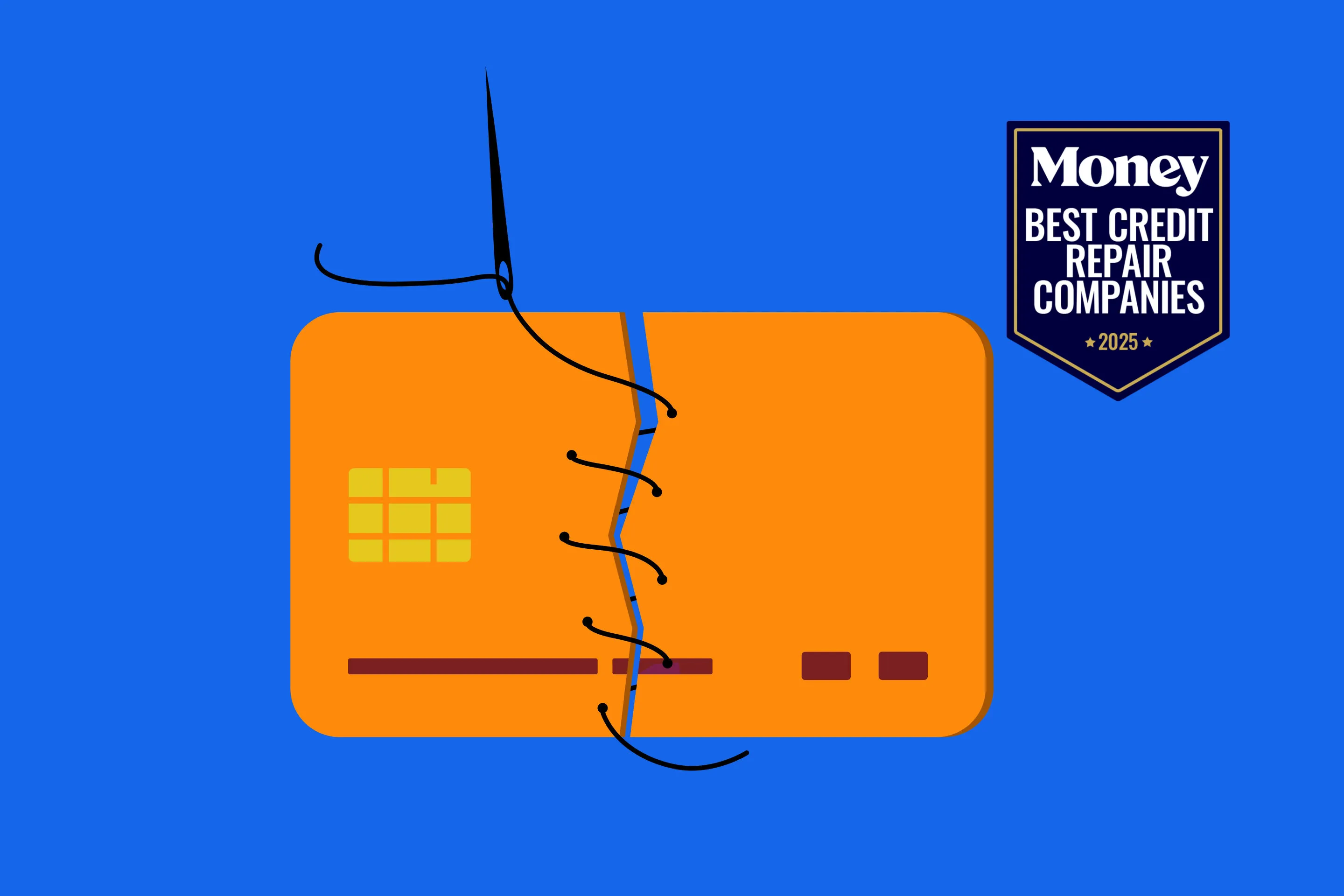Financing a New Phone vs. Buying It Outright: What’s Cheaper

In the world of modern technology, cell phones have become an essential part of our daily lives. From staying connected with loved ones to managing work tasks, our phones play a crucial role in keeping us organized and informed. However, with the rapid advancements in technology, it’s not uncommon for our devices to wear out or become outdated over time.
For many of us, the thought of getting a new cell phone can be daunting. Not only do we have to navigate through the sea of options available in the market, but we also have to decide whether to buy the phone outright or finance it through a carrier. The decision between buying or financing a new cell phone is a common dilemma faced by consumers, and it’s important to weigh the pros and cons before making a choice.
When it comes to financing a cell phone through a carrier, there are several factors to consider. Different companies offer various terms and payment options, such as lease-to-own, equipment installment plans, or device payment programs. These options allow consumers to either pay the total cost of the device upfront or make monthly payments until the phone is paid off. While financing a phone can help preserve cash flow and make it easier to afford a new device, it also has the potential to lead to overspending on a more expensive model than originally planned.
Christa O’Brien, a financial advisor with Northwestern Mutual, highlights the importance of understanding the terms of the financing agreement, including the interest rate and any limitations on carrier flexibility. It’s essential to verify whether the installment plan has a 0% APR and if it locks the consumer into staying with a specific carrier until the phone is paid off. Additionally, some financing plans may require a soft credit check, which doesn’t impact the credit score but is still a factor to consider.
Ultimately, the decision to buy or finance a new cell phone depends on individual financial circumstances and preferences. While financing a phone can offer flexibility and convenience, it’s crucial to weigh the long-term implications on one’s budget and credit. By considering the terms of the financing agreement, interest rates, and overall affordability, consumers can make an informed decision that aligns with their financial goals and priorities. When it comes to financing a cell phone, Chase points out in a blog post that the key factor to consider is whether the payment activity will be reported to the credit bureaus. Unfortunately, most carriers do not report this information, so financing a cell phone may not actually help build credit as intended.
In light of this, it may be wise to consider taking the lump sum route instead. By making an upfront purchase, you can avoid paying interest or additional financing fees. Additionally, many retailers offer discounts or promotions for upfront purchases, making it a cost-effective option in the long run.
Of course, the downside to this approach is the large payment required upfront. This can potentially strain your budget or deplete savings that should be reserved for emergencies. Furthermore, cell phones tend to depreciate rapidly, which can make the initial expense feel less justified over time.
To navigate this decision, Luis Silva, AT&T vice president and general manager for Florida, suggests starting by determining your equipment needs. Consider whether you truly need the latest model with all the bells and whistles, or if a slightly older model would suffice at a discounted price.
Silva also recommends exploring options for trading in your current phone to offset the cost of a new one. Depending on the model and condition of your current phone, you may be eligible for a bill credit that can significantly reduce the cost of a new device.
In addition, be sure to inquire about other monthly fees, such as data speeds and insurance. You may qualify for discounts based on your profession or affiliations, such as education, health care, or military service.
Ultimately, whether to buy a phone upfront or finance it over time is a personal decision that should align with your financial situation, goals, and preferences. Regardless of your choice, conducting thorough research on equipment needs, plan prices, and potential discounts is crucial.
For more financial insights and tips, subscribe to our newsletter to receive expert advice and useful information straight to your inbox every week. And be sure to check out other articles on our site, such as “When Should I Use ‘Buy Now, Pay Later’ Apps?” and “Are Store Credit Cards Worth It?” to further enhance your financial knowledge and decision-making.





